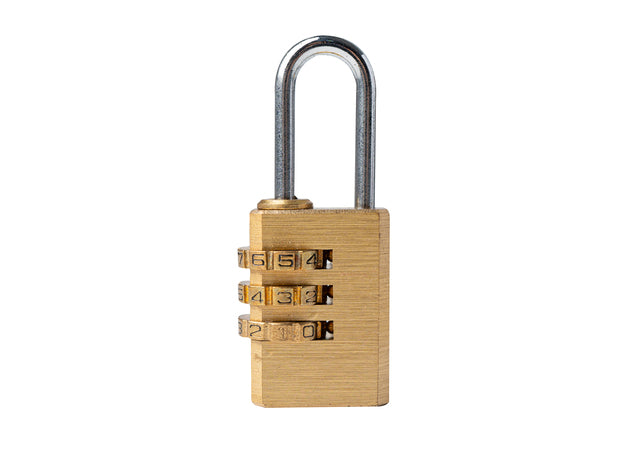Security measures that registered practitioners must take, as well as employment rules regarding individuals who have access to controlled substances. Let's break down some of the key points.
DEA Security Requirements:
- Effective Controls: All registrants, including practitioners, must establish effective controls and procedures to prevent the theft and diversion of controlled substances. This is as per 21 CFR 1301.71(a).
- Storage: If controlled substances are kept in a DEA-registered office, they must be stored in a securely locked and substantially constructed cabinet, as per 21 CFR 1301.75(b).
Employment Waivers:
- Restrictions: According to 21 CFR 1301.76(a), practitioners cannot employ individuals who have a felony conviction related to controlled substances, or have had issues with DEA registration such as denial, revocation, or surrendering "for cause."
- Exceptions: An exception can be made by requesting a waiver as per 21 CFR 1307.03. This request must be sent to the DEA Diversion Control Division at their specified address.
- Considerations for Waiver: The DEA will consider various factors when determining whether or not to grant a waiver. These include:
- Nature and extent of the individual’s past violations related to controlled substances.
- Current state licensure status of the individual.
- The extent of the individual’s proposed access to controlled substances.
- Proposed safeguards to prevent diversion by the individual.
- Status of the employing registrant in relation to handling controlled substances.
- Any other pertinent information found during the DEA's investigation.
- All other relevant factors or materials.
The waiver won't be considered unless there's a valid reason to believe that diversion of controlled substances is unlikely to occur.
DEA regulations and procedures regarding the theft or significant loss of controlled substances, along with recommended safeguards for practitioners. Let's go over some of the key points:
Reporting Theft or Significant Loss:
- Notification: Practitioners must inform the local DEA Diversion Field Office in writing within one business day of discovering a theft or significant loss, as per 21 CFR 1301.76(b).
- Factors for Significance: Practitioners should consider several factors, including the quantity lost, specific substances involved, and patterns of loss, to determine whether a loss is "significant."
- DEA Form 106: This form is used to document the circumstances and quantities involved in the theft or significant loss. It can be amended online for accuracy or obtained in paper form.
- No Theft Found: If an investigation determines that no theft or loss occurred, a DEA Form 106 doesn't need to be filed. However, it's recommended to inform the DEA in writing to resolve the initial report.
- Improper Use: DEA Form 106 should not be used for minor inventory discrepancies but only for significant losses or thefts.
Breakage and Spillage:
- Not a Loss: Breakage or spillage doesn't count as a loss if the substances can be accounted for.
- Disposal: Controlled substances can be sent to a reverse distributor, destroyed on-site, or assistance can be requested from the local DEA Diversion Field Office for disposal.
In-Transit Loss:
- Supplier Responsibility: The supplier must report any in-transit loss to the DEA.
- Purchaser Responsibility: Once the purchaser has signed for or taken custody of the shipment, they must submit a DEA Form 106 if there's any loss.
Robberies and Burglaries:
- CSRPA: This act provides for federal investigation of controlled substance crimes under certain conditions, like if the replacement cost is $500 or more or if a person was killed or seriously injured.
Recommended Safeguards for Prescribers:
- Prescription Pads: Keep unused pads safe, minimize their number, and don't preprint your DEA number on them.
- Prescription Details: Write out both the word and the number for quantities on prescriptions to discourage alterations.
- Verification: Cooperate with pharmacists who call to verify prescription details.
- Tamper-Resistant Pads: Use these to enhance security.
- Monitoring Programs: Utilize Prescription Monitoring Program reports when available.
These regulations and procedures aim to maintain the security and proper handling of controlled substances, mitigate risks, and ensure proper reporting and accountability.
Overall, the DEA's rules are designed to ensure that controlled substances are stored securely, and that employees who have access to them meet certain criteria, all with the aim of minimizing the risk of diversion or misuse.
CLICK HERE to read the DEA Practitioner’s Manual - Part 10: Schedule III-V Controlled Substances
To continue further, click down below for the Article links:
DEA Practitioner's Manual - Part 12: Summary of Prescriptions for Controlled Substances


